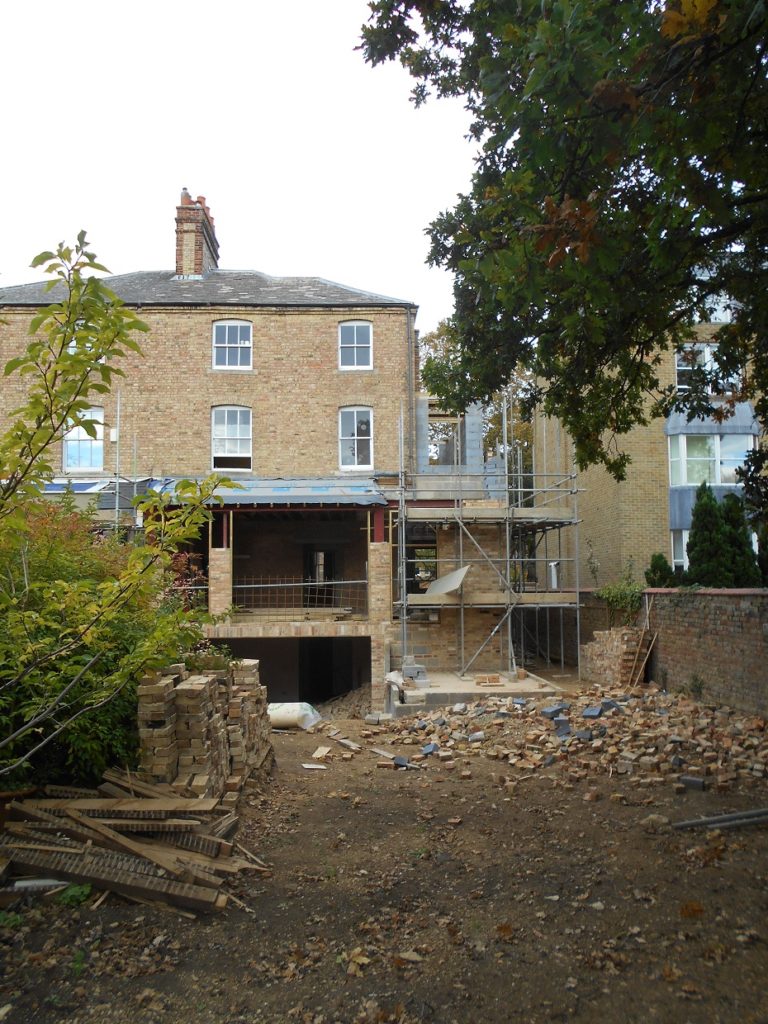A project manager will save you time, stress and money – but only if their skills match the job. Use our expert tips to recruit the right person for your project.
Most unmanaged building projects in the UK – 90 per cent of them – overspend by an average of 20 per cent, according to a survey by project management company CLPM. That means that on a £150,000 extension or refurbishment, you could add £30,000 of extra costs.
When you look at the figures, it’s easy to see why using a project manager makes sense. He or she will guide you through the building process, provide advice and support, and ensure that your project is delivered to the best quality, on time and to budget.
That’s the easy part. Once you’ve decided to take on a project manager, you need to find someone with the right blend of skills for your project. Should you choose a builder, an architect or an independent project manager? Read on for expert advice.
Build a relationship
Given that you will most likely need a building firm for your renovation, it could be the obvious option when recruiting a project manager. However, don’t rush the recruitment process: take time to chat with potential companies and understand how they work. It’s important you can work closely with them, so think carefully about whether you’ll be able to get along. Speak to previous clients too, and don’t be shy to ask difficult questions. It’s fine to request to see some completed projects or works in progress.
Look for a builder who’s not only knowledgeable and skilled in building, but also organised and project focused. They’ll be able to provide insights to saving money and achieving better results in layout. “Remember that reality differs from computer drawings, and what works on the screen might not work in real life,” says Dominik Wielgus of Black Oak Builders.
Once you’ve found a potential candidate, follow through with more formal checks. “If you’re happy with your builder’s attitude then check his details, such as how long he’s been in the business, his insurance certificates, photos of previously completed projects and most importantly, his references,” says Dominik.
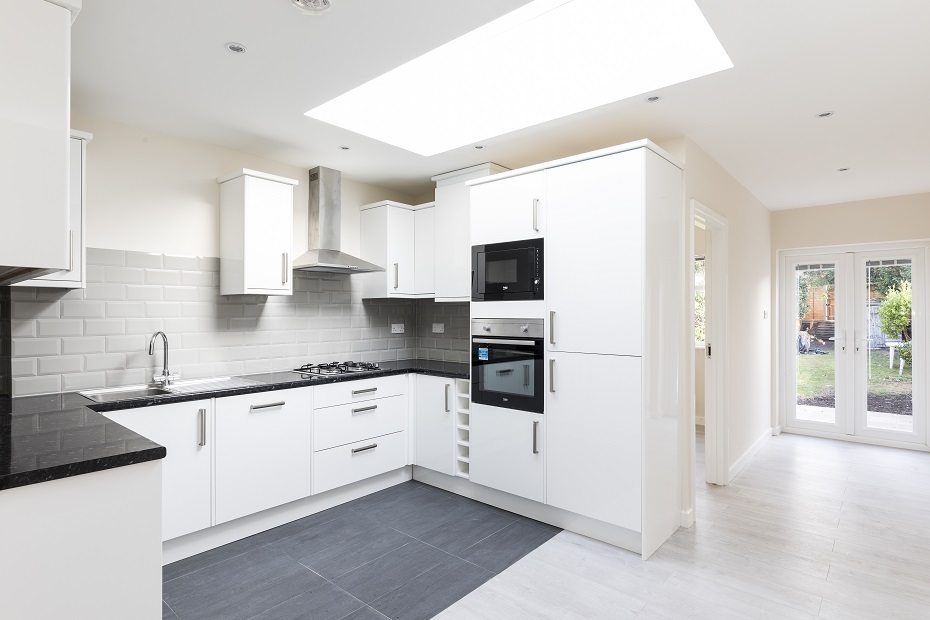
Dominik Wielgus of Black Oak Builders advises looking at previous work before signing a builder up as your project manager. “If someone is working on your home, you want the job to be well done,” he says.
The benefits of using a builder
The biggest advantage of using a builder to manage your project is that he knows his people and manages them directly on site. “This allows him to adjust the programme as needed by allocating traders and arranging deliveries of materials and services exactly when needed,” explains Dominik. “Even the most experienced architects or project managers can’t match a builder in this aspect.”
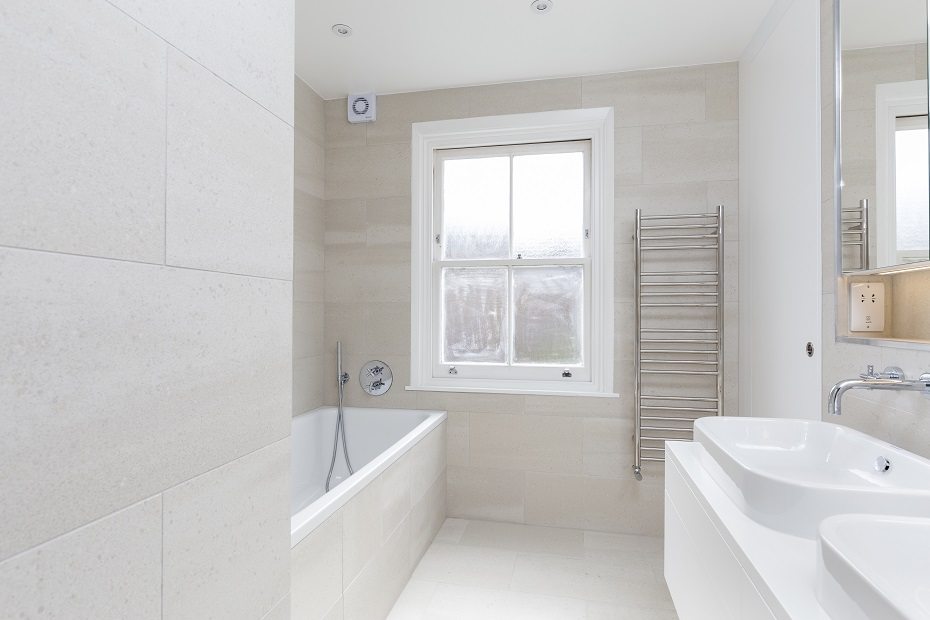
“The right builder is a real advantage: he knows his resources, he knows what they can do, how to manage them effectively and he will know the site better than anyone else,” says Dominik Wielgus of Black Oak Builders.
Avoiding surprises
Cost will always be a consideration, so make sure you make it part of the conversation from the start.
“We don’t charge for project management: it’s included and we don’t work any other way,” says Dominik. “Managing tradespeople on site is the builder’s responsibility and he should be organised rather than charging extra in hidden costs to clients.”
That said, don’t automatically assume that if you’re using a builder to manage works, they are doing so for free. Some will add 10 to 15 per cent to their quote to take on the coordination role and the risk of managing tradespeople.
Before you sign up a builder as your project manager, check how many jobs he’ll be working on. If he’s juggling several, he’ll be moving between sites constantly, which can add to your build time. It’s best to outline your expectations from the start: problems with a builder are difficult to resolve without conflict as there’s no third party to negotiate on your behalf.
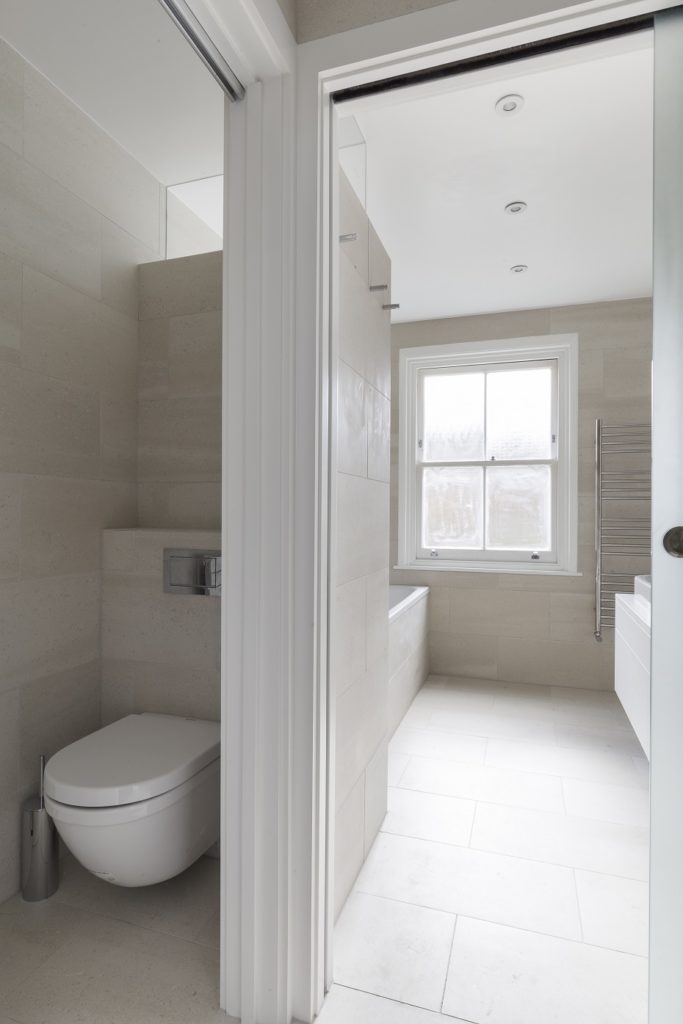
“We don’t charge for project management: it’s included and we don’t work any other way,” says Dominik Wielgus of Black Oak Builders.
What to expect from an architect
For complex designs or builds, an architect may be a better option. He or she can do everything from coming up with an initial design to helping with the approvals needed, sourcing reliable tradespeople and overseeing the building work.
How much or how little you commission an architect to do is up to you. Just make sure you’re clear about what you want, and what your budget is, from the start. “Many clients rush into projects without clearly establishing the scope of work,” says Radhika Seth of Sequoia London. “If you take the time at the beginning of a project, then the working relationship is much easier as both sides have clear expectations.”
What you can expect to pay varies too. Some architects work on a percentage (typically around 10 per cent or so for a full service) while others have an hourly rate or charge a flat fee. “It’s almost always dependent on the size of the project, the scope of work and the skillset of the team or person you engage. In some cases, even the location will be a factor,” explains Radhika.

“Whether you choose to use a project manager or an architect to lead your project, it’s important to be clear on the brief from the start,” advises Radhika Seth of Sequoia London.
The dangers of design focus
Be aware that architects are specialists in design, but they’re not necessarily experts in delivery. There’s also a risk of them overlooking costly design errors if they’re working on a project of their own: as is the case with most creative works, it’s possible to get too close to spot problems.
For this reason, it’s best to look for a practice that assigns project managers and allows its architectural team to focus on the design. “A good project manager is not always just led by design. They need to ensure that all aspects of the project plan, design, budget, procurement and deadlines are run efficiently,” says Radhika.

Radhika Seth of Sequoia London advises taking time to talk through all aspects of your project as well as the costs involved before agreeing to progress with a project manager.
Add value with an independent project manager
An independent project management company can add value right from the start, helping you make decisions that will affect the whole life of the project.
CLPM, for example, will help you work out what future running costs you’re aiming for, what type of build method would be most appropriate, how you’re planning to heat your home and what budget constraints you have. They will then put together a realistic plan.
“Once planning drawings have been completed, your project manager can help check the designs and specifications and estimate the cost of construction,” says Nicky Bryden of CLPM.
“They can then carry out a competitive tender process and help to appoint the best build team.
“We prepare the construction contract for our clients and then help project manage the works via a role called contract administration,” Nicky continues. “This involves regularly visiting the site and checking the progress of the works versus the programme, as well as checking invoices and monitoring cost variances.”
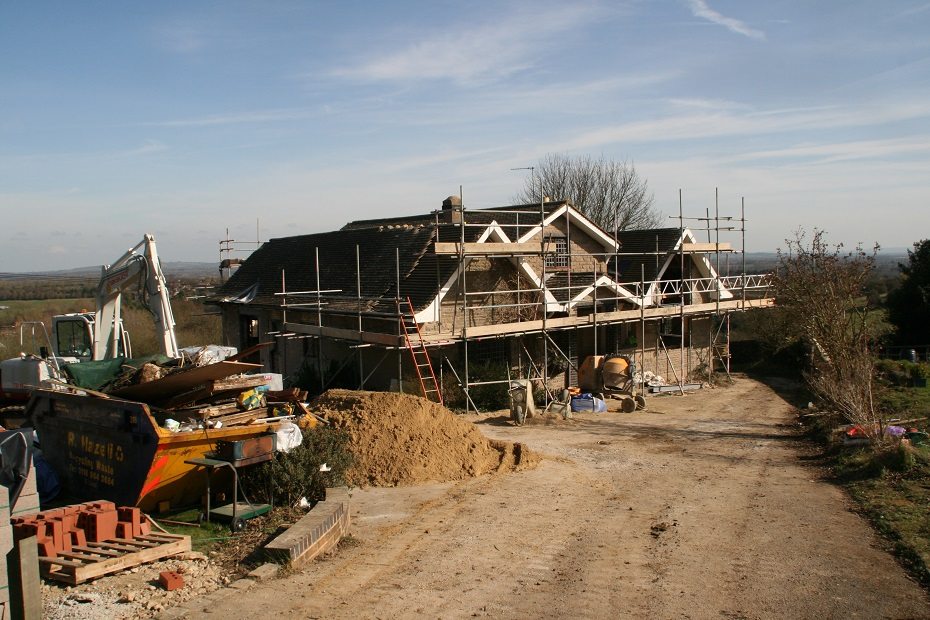
“A project manager can keep the pressure on the build team to stick to the timetable. They can also help prevent errors and can promptly advise on options and solutions to ensure that any potential delays are reduced,” says Nicky Bryden of CLPM.
Why use an independent project manager?
He or she can keep the pressure on the build team to stick to the timetable. They’ll also be completely on your side and will work in partnership with you, challenging the design and build teams on your behalf to deliver the best outcome. “We’re experts in construction and can assess the practicality of the designs pre-construction, as well as troubleshooting on site,” says Nicky. “If problems arise, we will support the client and help resolve things to their advantage.”
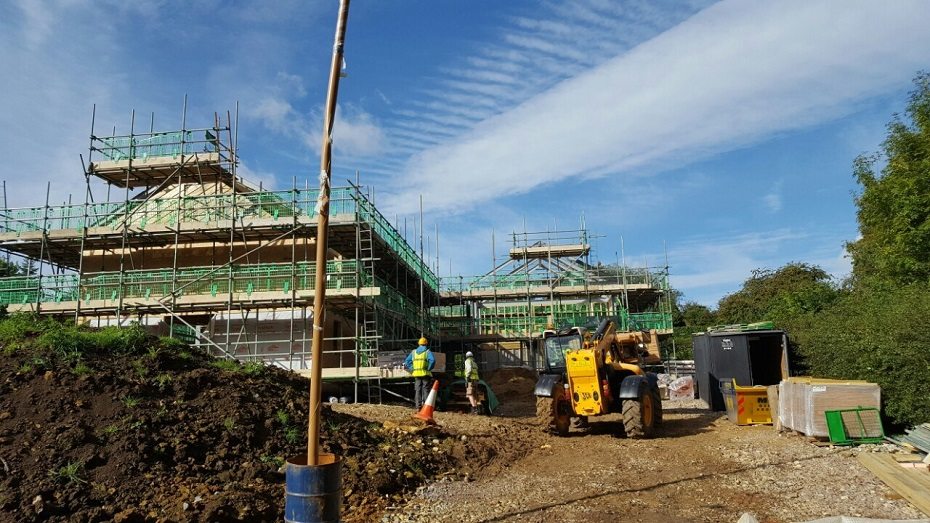
An independent project management company such as CLPM will often support clients who live a long way away from the project or clients whose working responsibilities mean their time is severely limited.
Cost considerations
Generally, a one-man-band project manager charges a simple percentage of the build costs, usually in the region of 10 to 12 per cent. Larger companies such as CLPM may tailor their charges according to the services the project and client need, and the time they anticipate spending supporting them.
“A pre-construction support package including a design and sustainability review, construction cost estimation and budget work followed by a competitive tender process with contractor appointment typically cost in total, in the region of £5,000 to £7,000,” says Nicky. “On-site support varies from £1,000 to £3,500 per month according to nature of the project, the size of the project, how the build is being delivered (for example, one builder or many separate trades) and the number and length of visits required.”
